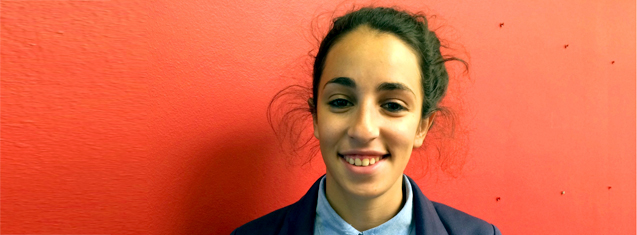
Media Studies and Journalism student, Dominique de Gouveia, can attest to the fact that you need to take all the small steps before you make the giant leap.
As Residence Committee member for Sport since her first year, Dominique found the transition to the Student Representative Council (SRC) merely a case of now putting on the striped blazer. Having worked closely with Lourika Hugo, previous SRC Sport, there was not really much that she had to take grasp of.
“Our varsity has almost the same sport fixtures every year, so once you understand it, it should not be that difficult to follow through,” says Dominique confidently.
“You need to set goals in order to achieve them. I quickly realised that this is what I want to do. Sport is very big on our campus among the students and in my term I want other channels to realise the importance of sport.”
“The motto of previous SRC Sport, Tshepo Moli, was ‘transformation in sport’, which can indeed make a social impact on our varsity.”
“Through sport, our varsity can take pride in showing diversity.”
The variety of sports Dominique enjoys playing and watching, shows just how much she really loves what she is doing.
“My favourite sports have to be soccer and squash. But after watching the Varsity Netball this season, it made me wish that I had learnt how to play netball as far back as high school.”